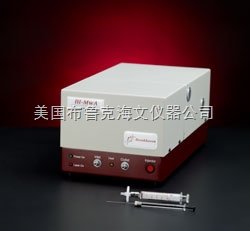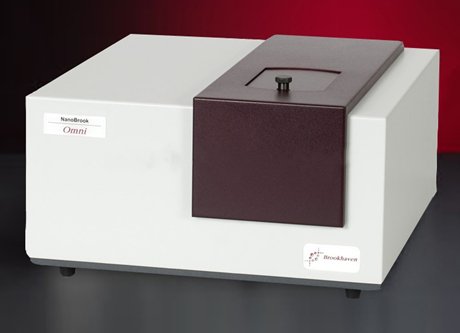 金牌会员
金牌会员
 已认证
已认证
a Department of Chemical & Environmental Engineering, Yale University, New Haven, CT 06520-8286, USA
b Department of Chemical Engineering, Rose-Hulman Institute of Technology, Terre Haute, IN 47803, USA
摘要:Mineral scaling of thin-film composite desalination membranes is affected by the surface chemistry and roughness of the membrane polyamide selective layer, but the relative contributions of these surface properties to scaling is unknown. We studied the influence of differences in polyamide surface chemistry on gypsum (calcium sulfate dihydrate) scaling of thin-film composite membranes, independent of surface roughness, with the goal of improving scaling resistance through changes to membrane surface chemistry. Smooth polyamide films and thin-film composite membranes were created using a molecular layer-by-layer deposition technique, and the surface chemistry of the polyamide films was enriched with amine or carboxyl functional groups by varying the final monomer deposition step in the layer-by-layer assembly process. Polyamide films and composite membranes with different surface chemistry were subjected to gypsum scaling by both homogeneous and heterogeneous nucleation mechanisms. Results from quartz crystal microbalance experiments and dynamic membrane scaling tests show that differences in the polyamide surface chemistry do not influence long-term gypsum scaling behavior. We conclude that hydrodynamic conditions have a greater effect than differences in surface chemistry on the gypsum scaling behavior of polyamide thin-film composite membranes.






